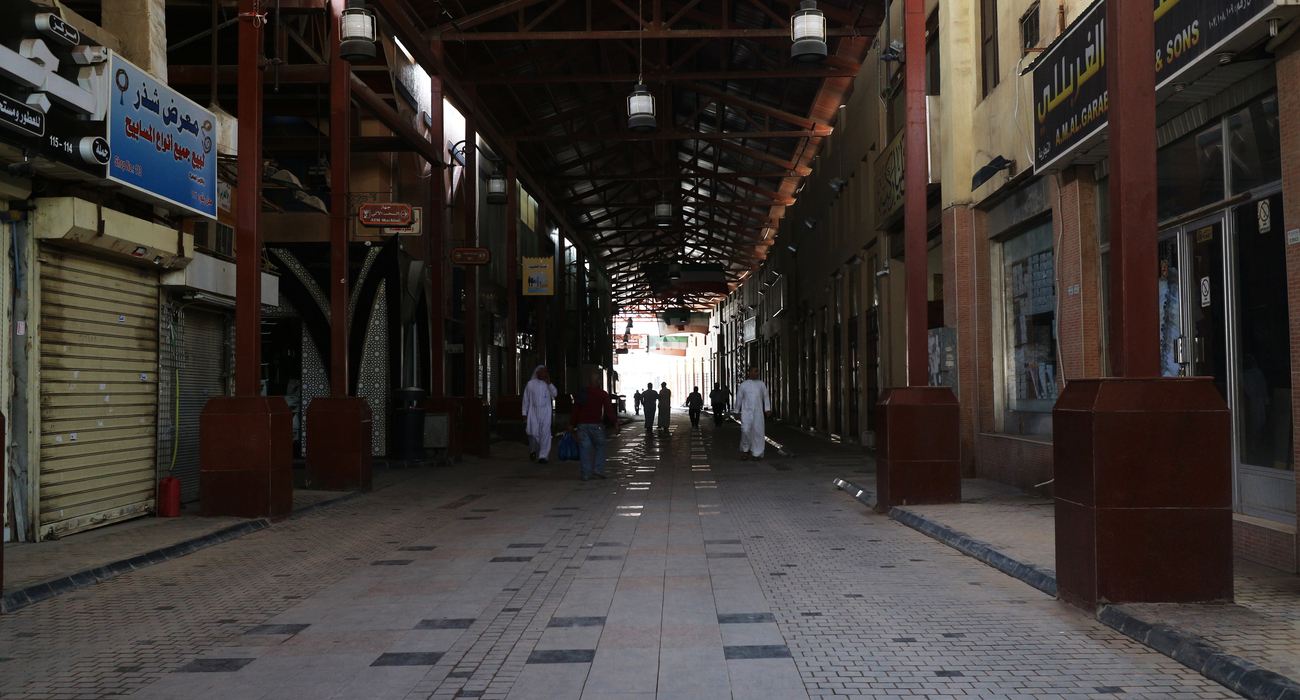
Practical information
North Africa and the Middle East a priori appeared as fragile spaces in the face of the Covid-19 pandemic: significant migratory flows, strong social inequalities as well as in the access to health structures, weak governance, violent protests and open wars could all amplify the health crisis and worsen the general situation.

However, two months after the first lockdown decisions, the region is not in such a bad shape. The contagion is more or less contained and the regimes take advantage of the forced lull to regain their marks. The competition of powers continues to be played out on the fringes of the health crisis, and its outcomes will depend on two factors: the evolution of conflicts, which temporarily evolve beyond the supervision of the international community, and the relative economic resilience of rentier countries, hit hard by falling oil prices.
A videoconference around Dorothée SCHMID, head of Ifri's Turkey/Middle-East program.
Chair :
Thomas Gomart, director of Ifri
This videoconference is for Ifri's members only and it will be conducted in French - Registered participants will receive the access codes a few hours prior to the debate.
Related Subjects
Other events

EV Supply Chains for Japan and Europe: Strengthening Economic Security
Economic security aims to ensure the resilience of supply chains for key industries: the case of electric vehicle production in Japan and Europe will be discussed.

From Ambition to Action: Exploring Technological Partnerships with India
The 16th EU-India Summit, held on January 27th in New Delhi with European leaders António Costa, Ursula von der Leyen, and Prime Minister Narendra Modi, marks a significant milestone in deepening EU-India relations. At the same time, official bilateral visits from EU member states are on the rise, including that of the French President, who visited India in February to participate in the Artificial Intelligence Summit. As India asserts its technological ambitions and seeks to reduce its dependence on China, Europe is stepping up its efforts to diversify its strategic partnerships.






